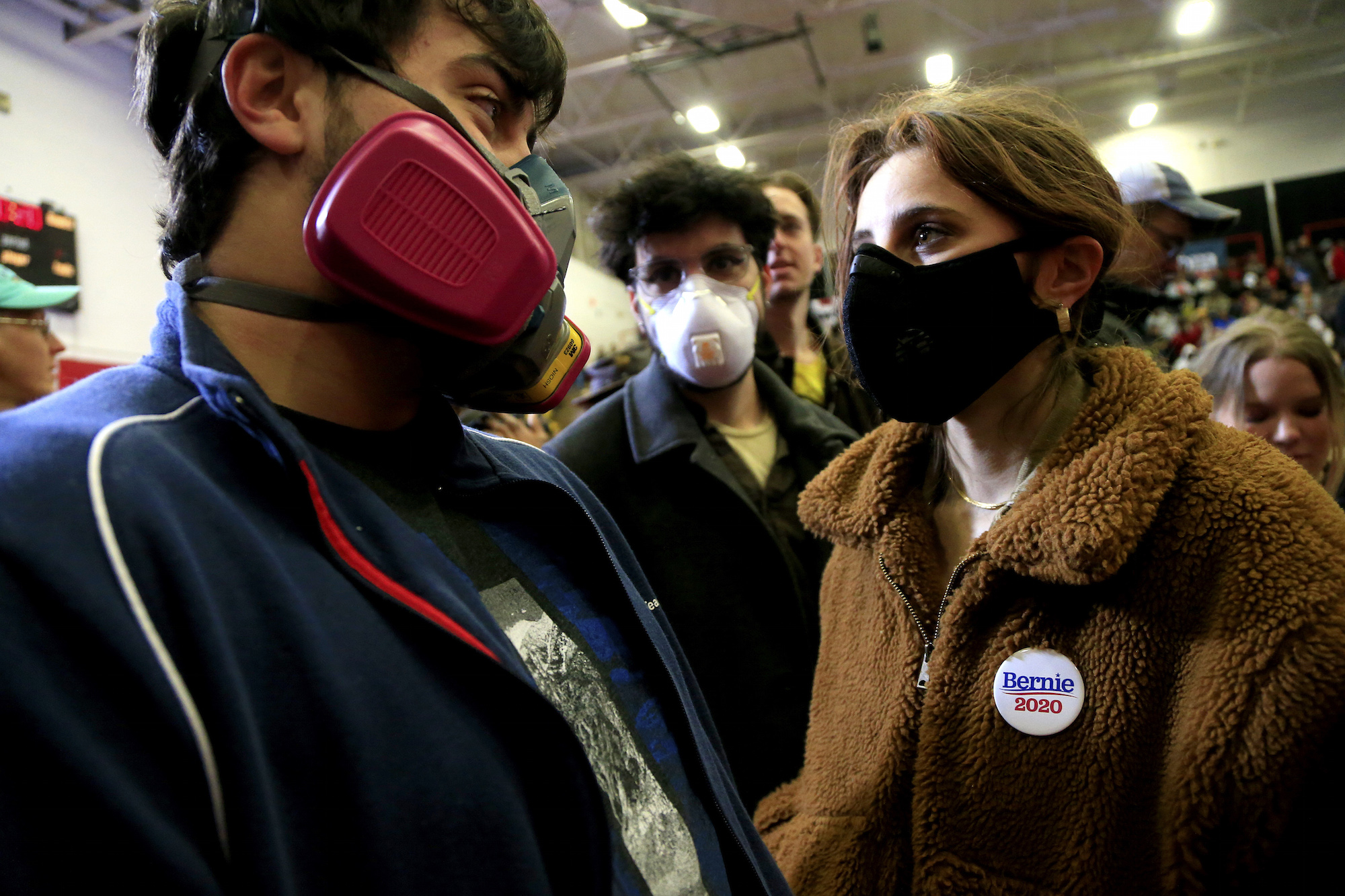
What will the primaries look like during a pandemic?
Some states have postponed their election days because of the coronavirus, but three on March 17 are still on.
With all that’s going on, or better said, shutting down amid COVID-19’s spread across the U.S., it’s not hard to see why many would forget there’s another Democratic presidential primary on March 17.
Despite the concerns of further spreading the virus, at least three of four states, including Florida, Arizona, and Illinois will still head to the polls with 441 delegates at stake.
Heading into the day, former Vice President Joe Biden holds a commanding lead over Vermont Senator Bernie Sanders after winning 10 states on Super Tuesday and four more in the primaries on March 10.
Hawaii rep Tulsi Gabbard is still running, but only has two delegates.
After a disappointing performance on March 10, Sanders vowed to continue his campaign until at least the debate between him and Biden on March 15.
Beyond that point, Sanders was vague. He has succeeded for the most part in getting a majority of the Latino vote but has largely failed to bring a new slate of young voters to the polls in the same waves Biden has among older populations.
Four years ago, he pushed on all the way to the Democratic National Convention before endorsing Hillary Clinton, but it’s to be determined whether the 78-year-old has that fight this time around.
To mathematically win, Sanders now needs more than 57% of the remaining delegates.
In every poll heading into the March 17 primaries, Biden holds big leads.
While nothing is guaranteed, they could be Sanders’ last.
However, overshadowing the race between Biden and Sanders has been the spread of COVID-19 in the U.S.
Since the first case was reported in Washington state on Jan. 21, there are now more than 4,000 cases of the novel virus across the country with more than 70 deaths as of March 16.
In response, states have implemented varying measures on their populations in an attempt to stem COVID-19’s spread.
So far, only Georgia and Louisiana have postponed their scheduled primaries for later dates, but that trend could spread to others that have yet to cast ballots.
Ohio was slated to vote on March 17, but Governor Mike DeWine announced a recommendation to postpone in-person voting less than a day before voters went to the polls. The reschedule date is June 2.
It is now up to the state legislature to act on the recommendation of the governor in order for the postponement to be confirmed. If not, Ohioans will have to vote in person March 17 to determine the winner of the state’s 136 delegates.
Georgia’s was originally scheduled for March 24, but will now happen on May 19, while Louisiana’s was on April 4, but is now pushed back to June 20.
RELATED CONTENT
Regardless, precautions have been taken even in states still voting on March 17.
For one, a number of polling places in every state, have either been moved or closed.
USA Today reported 80 locations cut in Arizona’s Maricopa County (Phoenix, AZ), 14 in Florida, and 168 in Illinois. If Ohio votes, add 128 more polling places that have been moved heading into primary day.
Many of them were senior living facilities and subject to closure or relocation in an effort to protect the more vulnerable older population from exposure to the virus.
The Secretaries of State of the four states set to vote on March 17, released a joint statement in support of going through with the primaries.
In it, they drew a difference between the time spent at the polls during elections and the concerts, sporting events or other mass gatherings that are being canceled or postponed across the country.
“Polling locations see people from a nearby community coming into and out of the building for a short period of time,” the statement read.
Vox’s Zeeshan Aleem was quick to point out that’s not always true, especially this year, where lines in Texas and California kept voters waiting for up to six hours to cast their votes.
“That isn’t a short period of exposure,” wrote Aleem.
To avoid that exposure, there are calls to extend mail-in ballots for upcoming primaries.
Part of DeWine’s recommendation for Ohio is to keep mail-in voting open until the rescheduled date of June 2.
Oregon Senator Ron Wyden also introduced a bill on March 11 that would allocate $500 million in federal funding for states to set up emergency vote-by-mail systems in response to the COVID-19 outbreak.


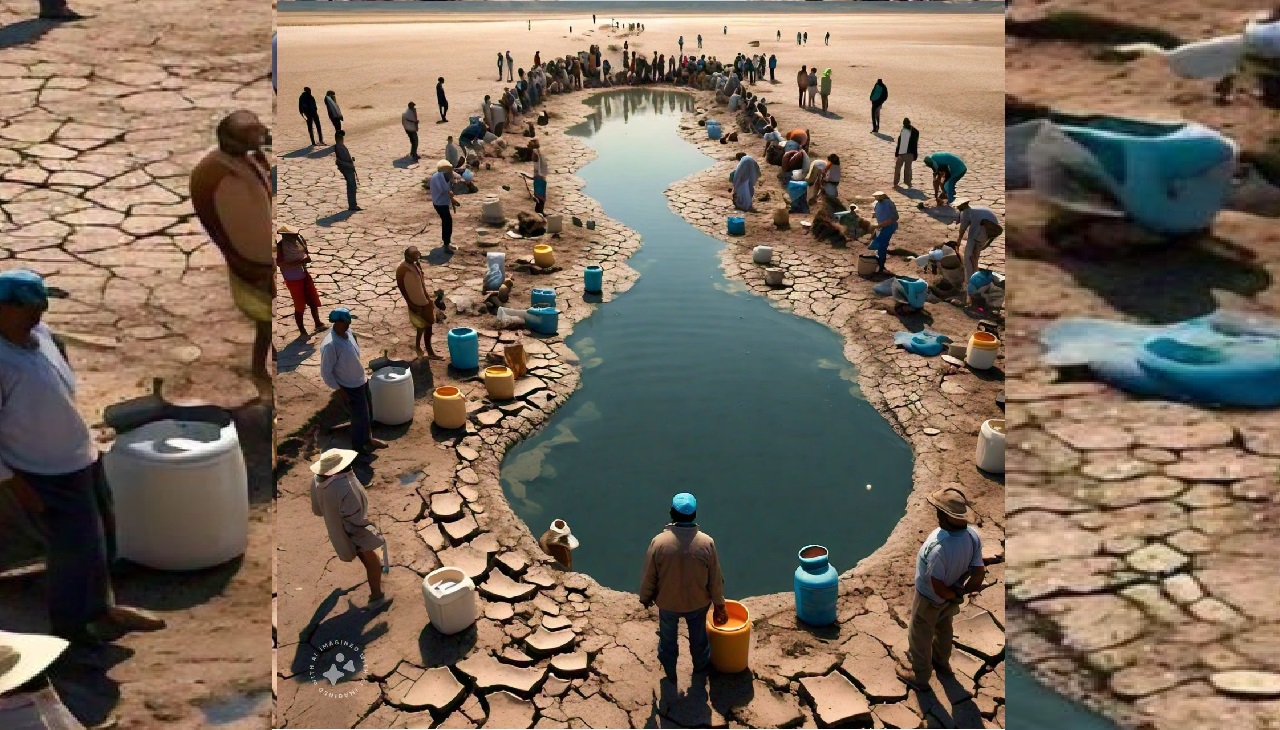

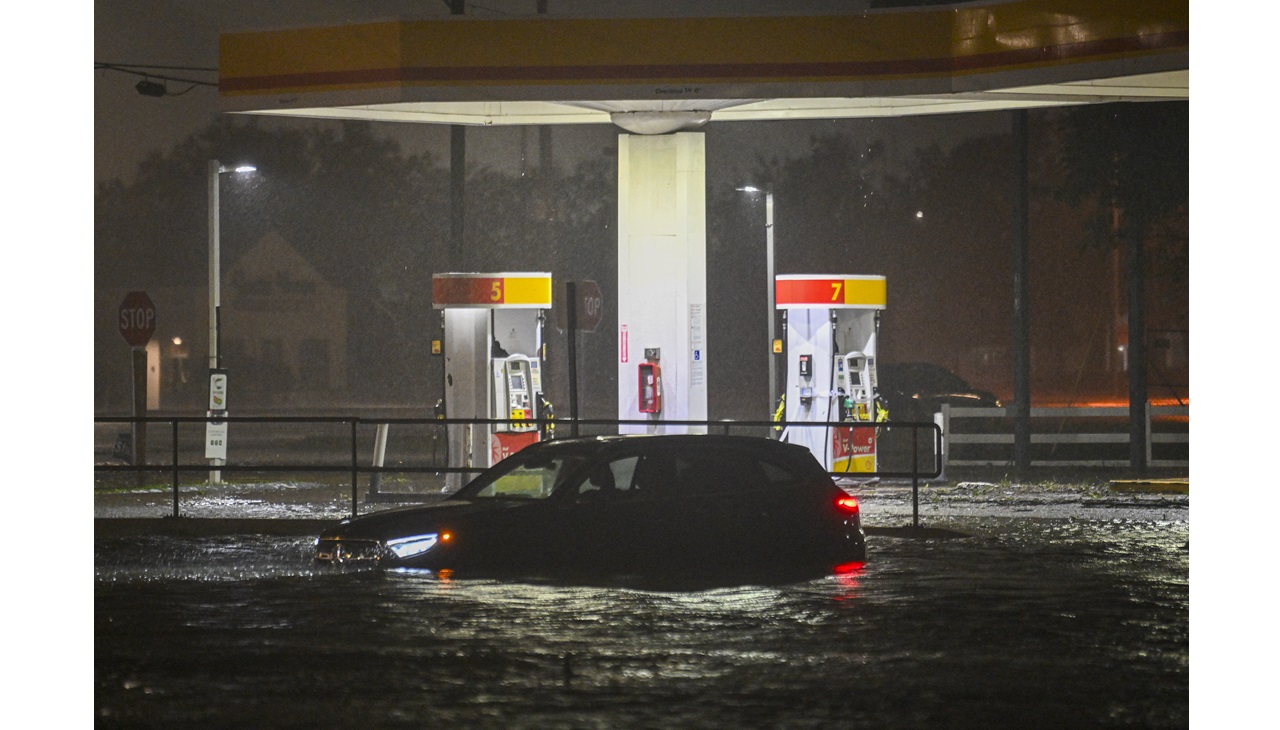
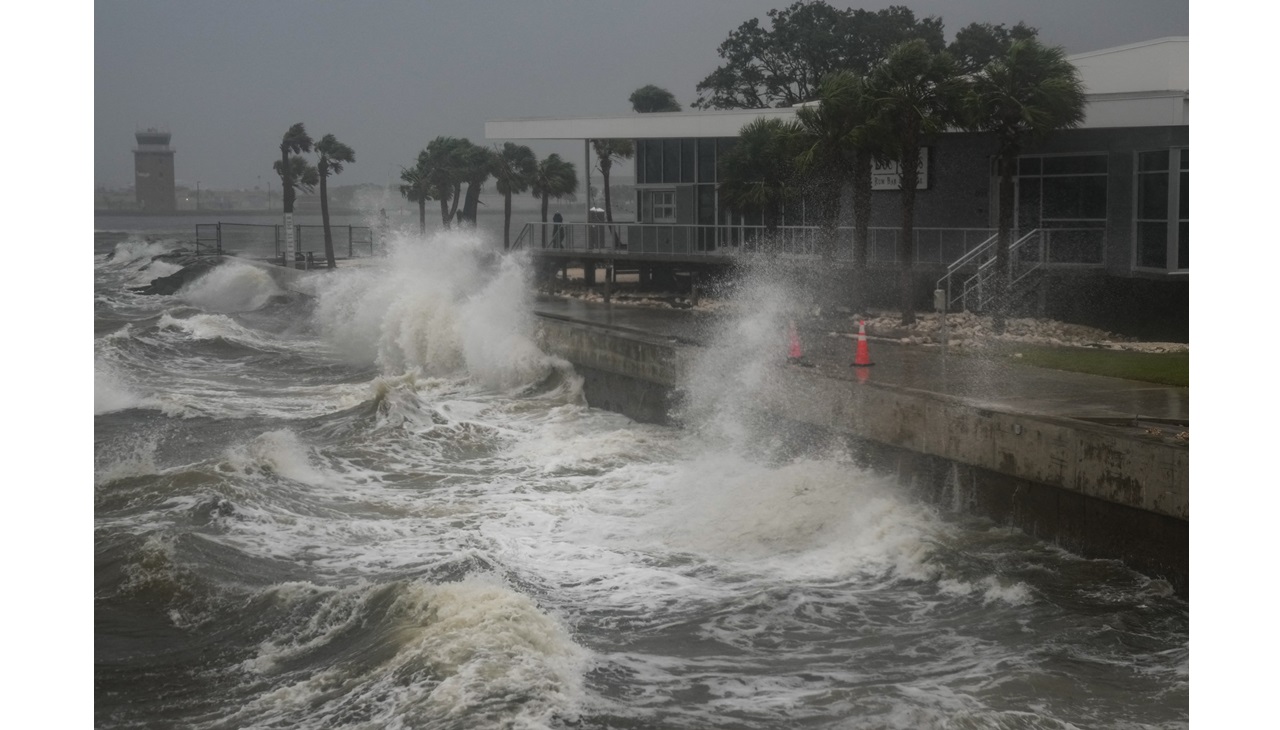
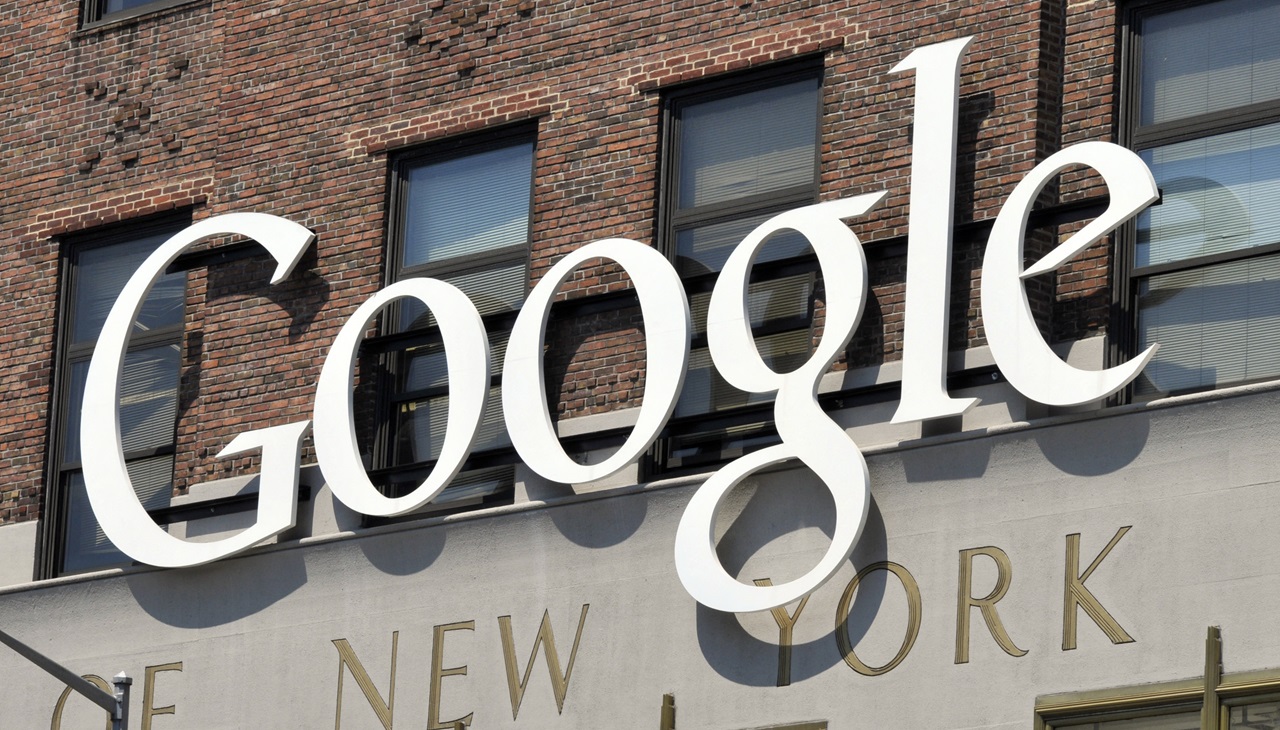
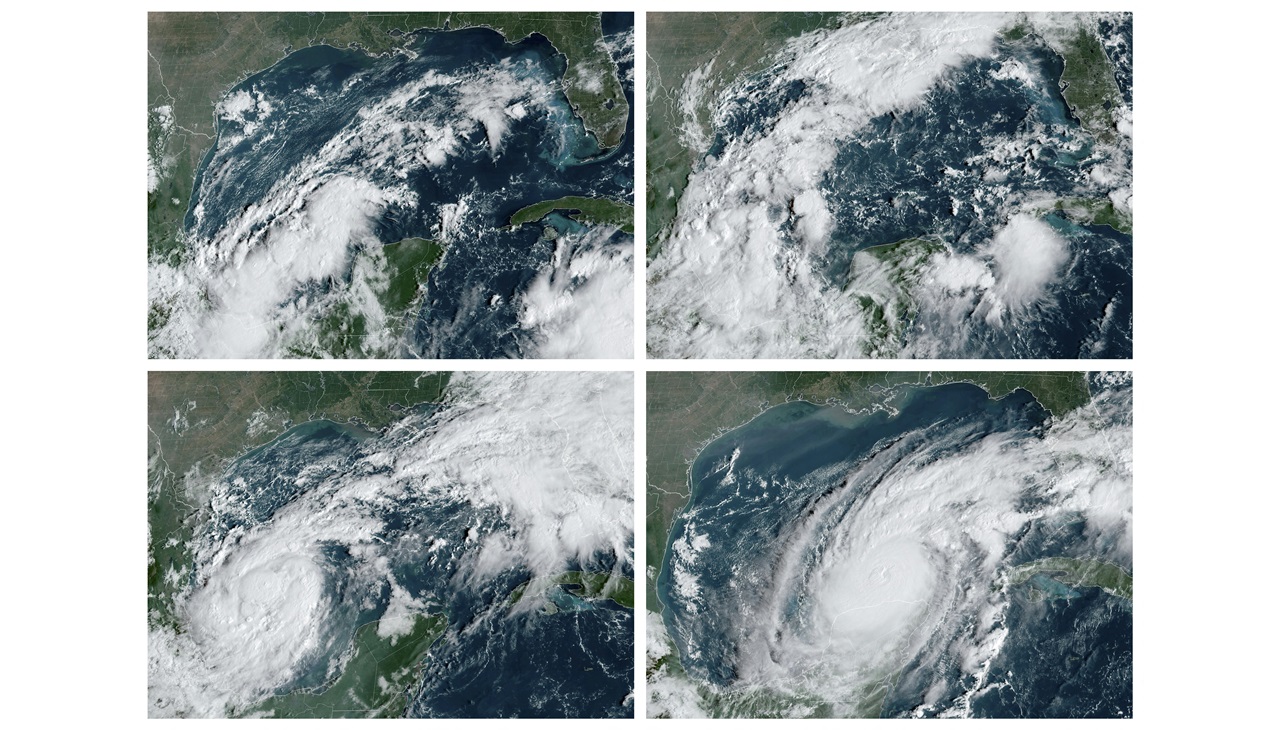
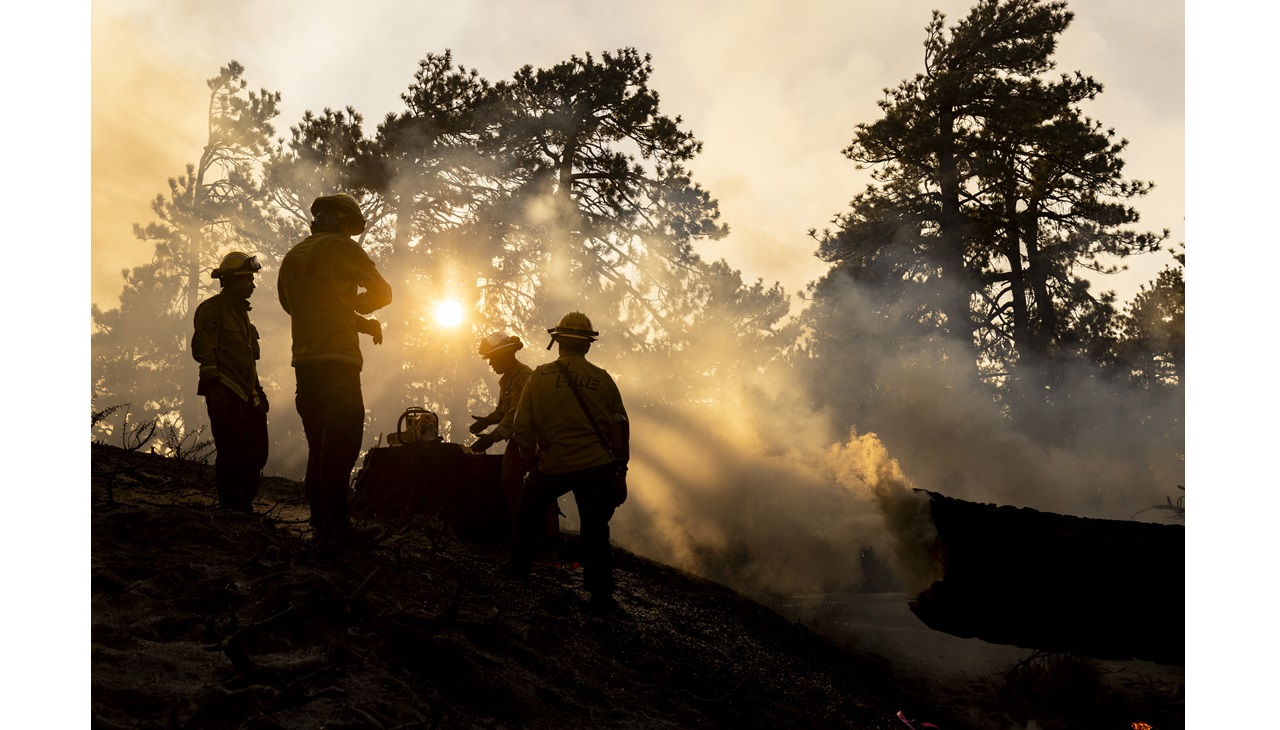


LEAVE A COMMENT:
Join the discussion! Leave a comment.